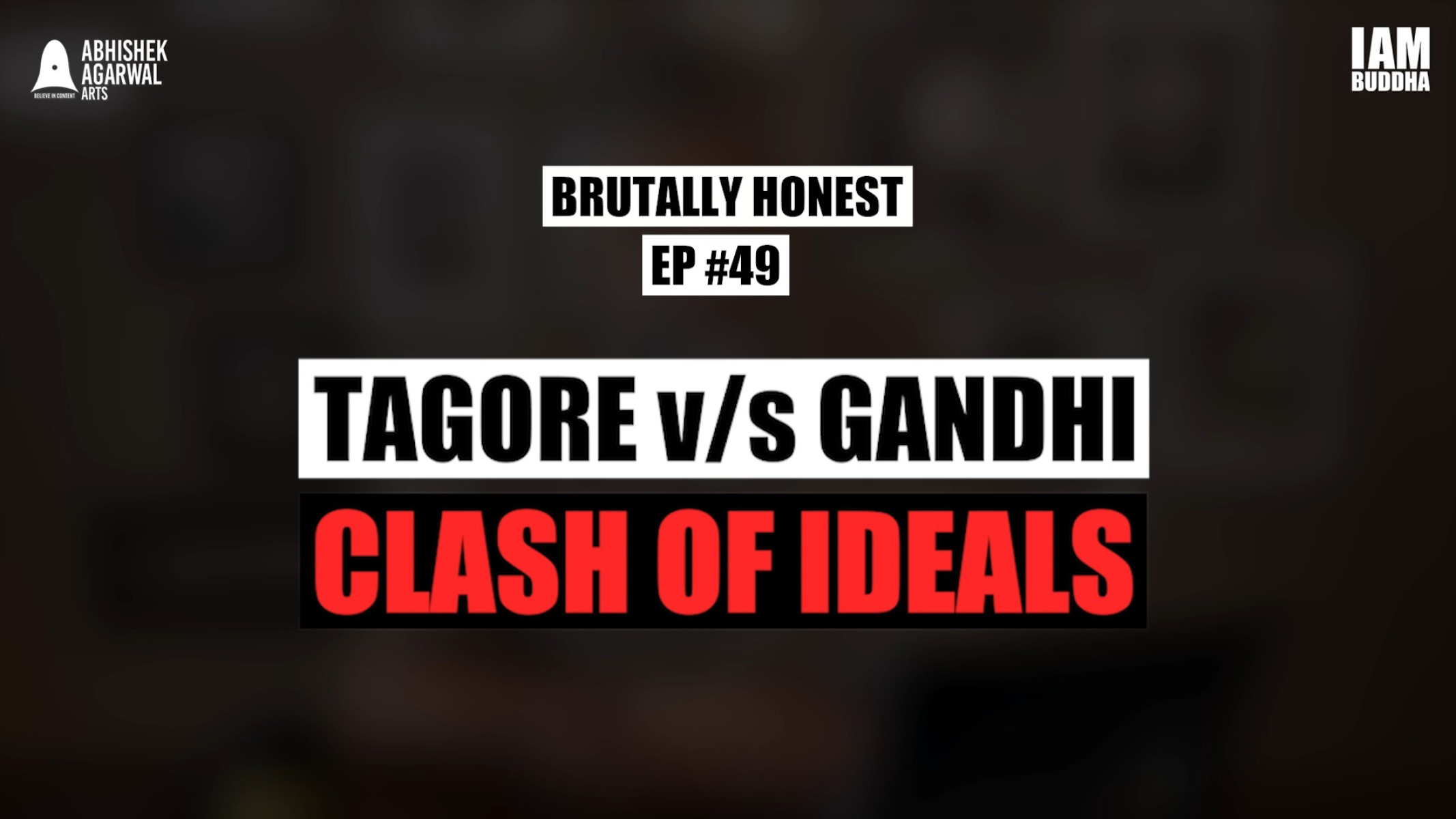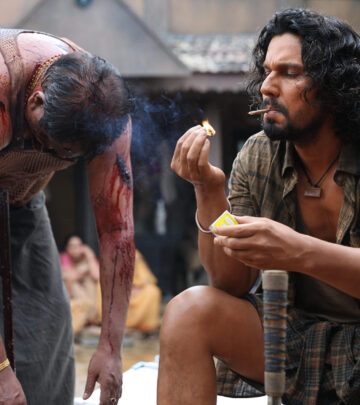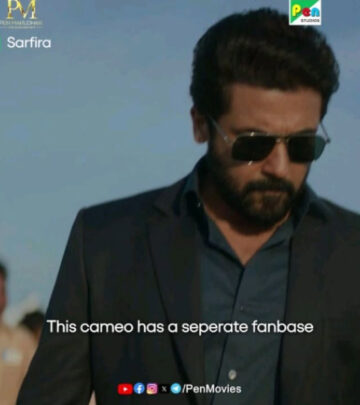Tagore Vs Gandhi: Clash Of Ideals?
An Engaging Deep Dive Into the Ideological Clash Between Tagore and Gandhi – Profound View

Image: Instagram
In a bold new episode that challenges conventional wisdom, filmmaker Vivek Ranjan Agnihotri presents ‘Tagore vs Gandhi: Clash of Ideals’. The episode opens with a series of probing questions: Why did Tagore reject Gandhi’s movements? Why did Gandhi ignore Tagore’s warnings? Were these differences simply a matter of disagreement, or did they stem from a deeper clash of civilizational ideals?
Key Questions Spark Debate
The opening remarks set the stage for a deep exploration into two towering figures of Indian history. Rabindranath Tagore, a Nobel laureate and literary beacon, held views steeped in universal humanism and a poetic vision of peace. In contrast, Mahatma Gandhi’s approach to resistance and self-reliance was rooted in pragmatic activism, a strategy that championed non-violence yet involved active struggle. Agnihotri dives into these contrasting ideologies, using a blend of historical evidence and interpretative commentary to challenge viewers to rethink the familiar narrative.
Cultural And Historical Implications
The episode is more than a historical inquiry—it is a conversation about the very foundations of Indian and global thought. By asking why Tagore might have distanced himself from Gandhi’s movements, Agnihotri invites viewers to consider the possibility that their differences were not merely personal or political, but reflected the collision of different civilizational ideals. With India’s cultural landscape continuously evolving, these questions resonate deeply with contemporary debates about identity and modernity. The discussion touches upon the relevance of tradition in an age where rapid innovation often overshadows historical context.
Vivek Ranjan Agnihotri’s Unfiltered Narrative
Known for his unapologetic and unfiltered approach, Vivek Ranjan Agnihotri has built a reputation for tackling contentious issues head on. His films, notably including works like The Kashmir Files, are celebrated for stirring public discourse and challenging mainstream perspectives. In this episode, his signature style is on full display. Agnihotri uses incisive commentary and a straightforward questioning technique to peel away layers of historical myth and ideological posturing. Reflecting on his earlier posts where he is described as “Unfiltered. Unapologetic. Unmissable.”, he reinforces his commitment to truth and clarity in storytelling.
Viewer Engagement And Takeaways
Under the banner of #BrutallyHonest, this episode has already sparked spirited conversations online as viewers debate whether the clash between Tagore and Gandhi was simply a matter of differing opinions or a manifestation of deep-seated civilizational divides. The provocative questions compel the audience to draw parallels between historical controversies and modern conflicts, raising important considerations about the role of cultural legacy in shaping contemporary discourse. Through a measured yet provocative narrative, Agnihotri not only examines historic events but also calls on his viewers to reflect on the broader implications for today’s society.
Interviews with historians and cultural critics featured in the episode further emphasize the significance of re-examining historical narratives. One expert noted that the debate between artistic idealism and pragmatic resistance remains as relevant today as it was in the early years of India’s independence. Such insights provide context to the episode’s critical inquiry, reminding audiences that history is as much about the questions it leaves behind as it is about the answers it offers.
A New Perspective On Ideological Clashes
Agnihotri’s episode is part of a broader series that seeks to reframe historical debates through a contemporary lens. By juxtaposing Tagore’s visionary artistry with Gandhi’s practical mobilization, the episode invites viewers to question established narratives and consider the multifaceted nature of leadership and ideology. The clash of ideals examined in this episode is not just about past figures—it is a mirror reflecting current ideological struggles and cultural shifts. The discussion encourages an understanding that even the most celebrated figures are complex, their legacies interwoven with contradictions that continue to provoke debate.
Conclusion
In ‘Tagore vs Gandhi: Clash of Ideals’, Vivek Ranjan Agnihotri delivers a reflective and thought-provoking examination of two of India’s most revered figures. Blending historical analysis with contemporary insight, the episode challenges audiences to consider how differing visions of progress and civilization can shape societal values. As the debate unfolds, viewers are left with much to ponder about the ways in which historical ideals influence modern life, urging a renewed dialogue on the nature and impact of civilizational thought.
Ultimately, this episode is a call to engage with history not as fixed doctrine but as an evolving conversation—a conversation where every question matters and every answer leads to further inquiry.
Read full bio of Jehangir Irroni







